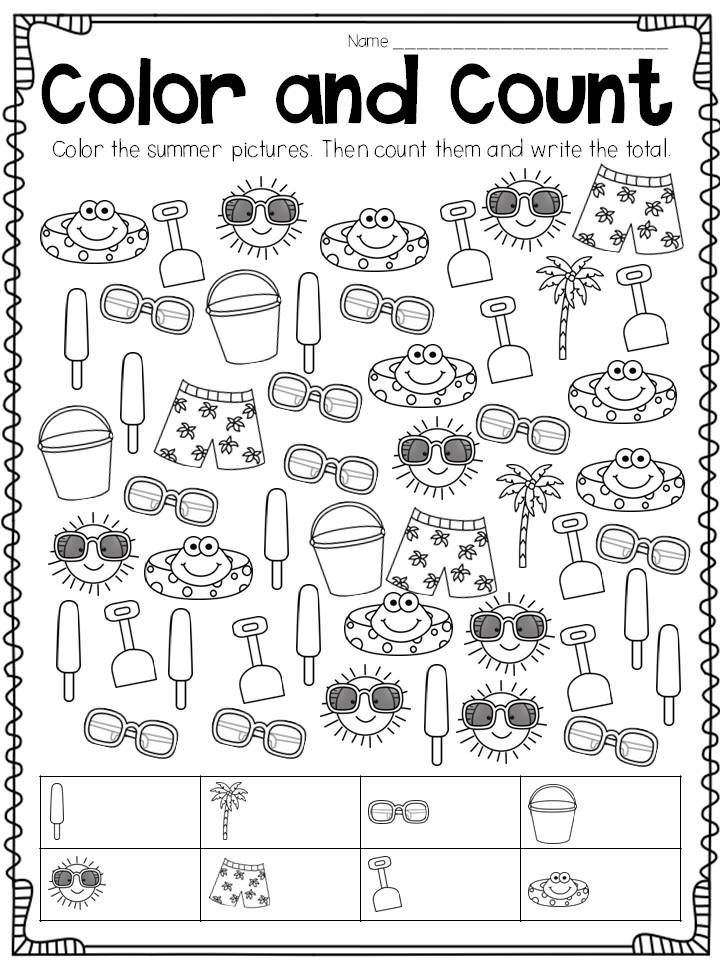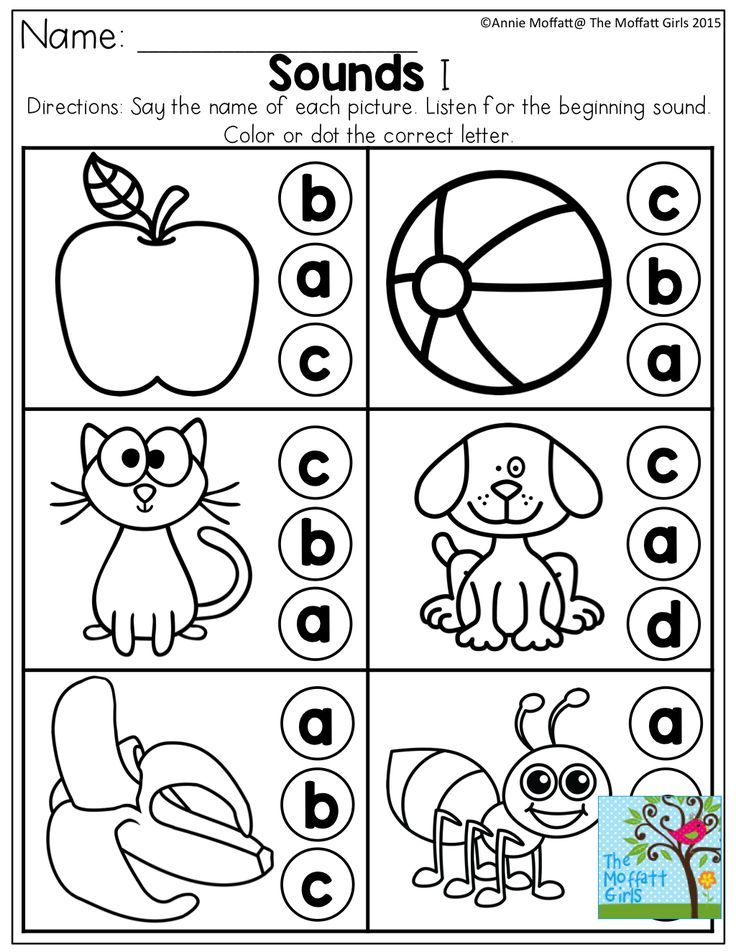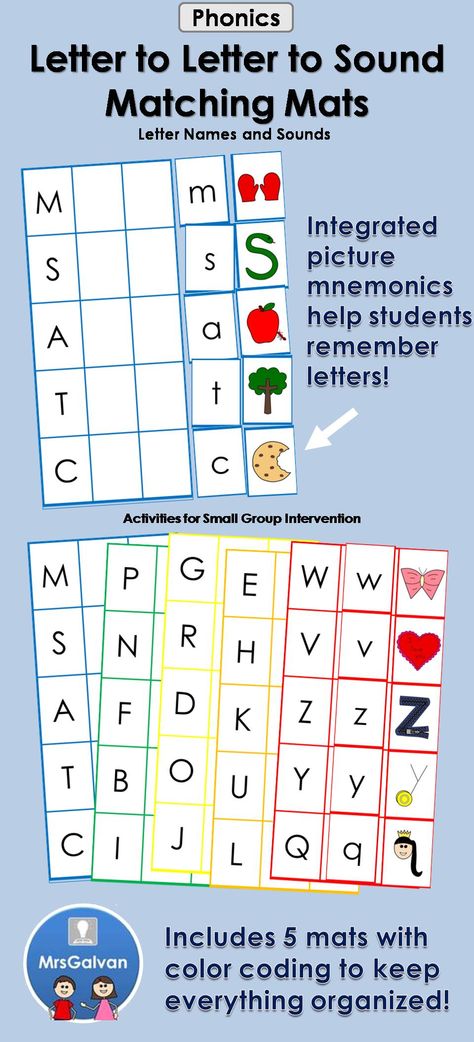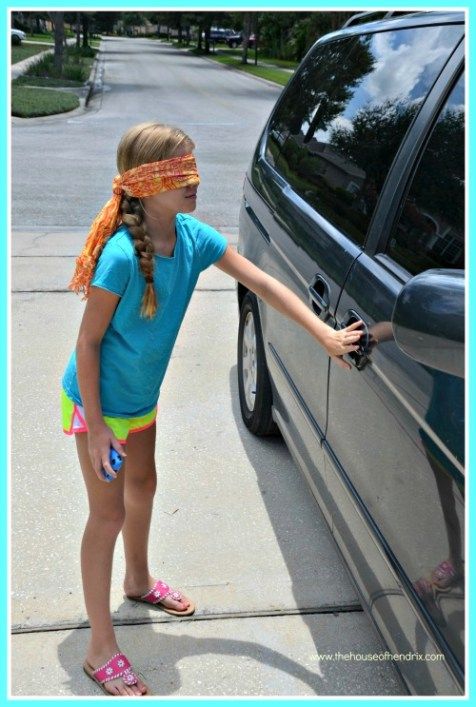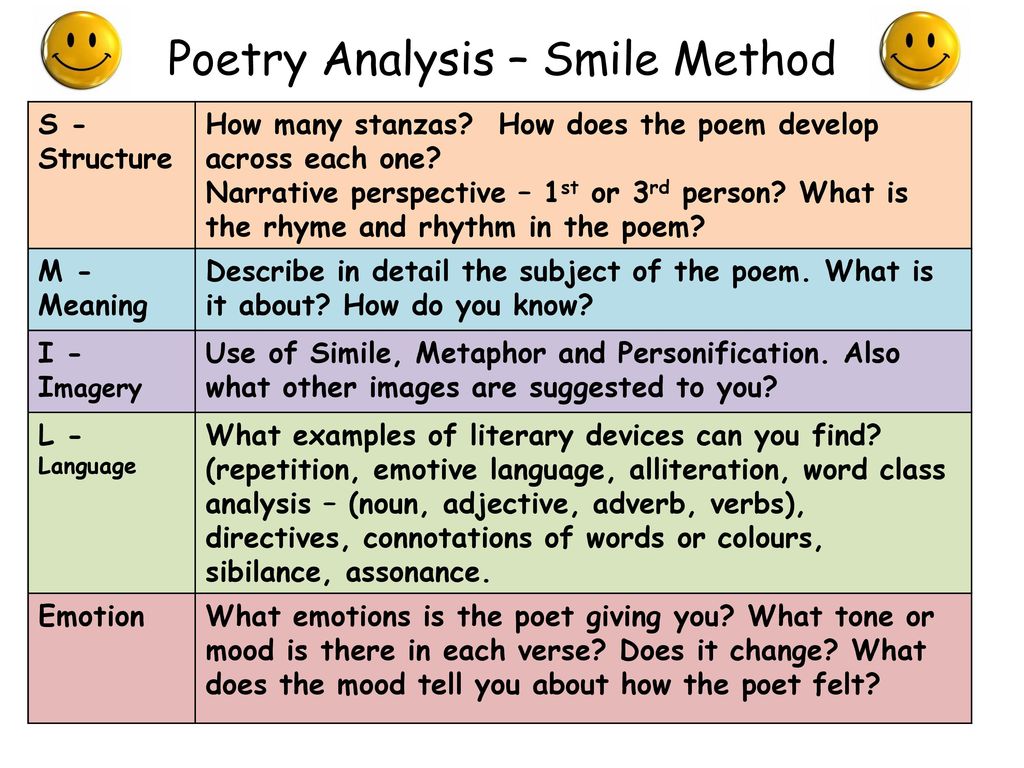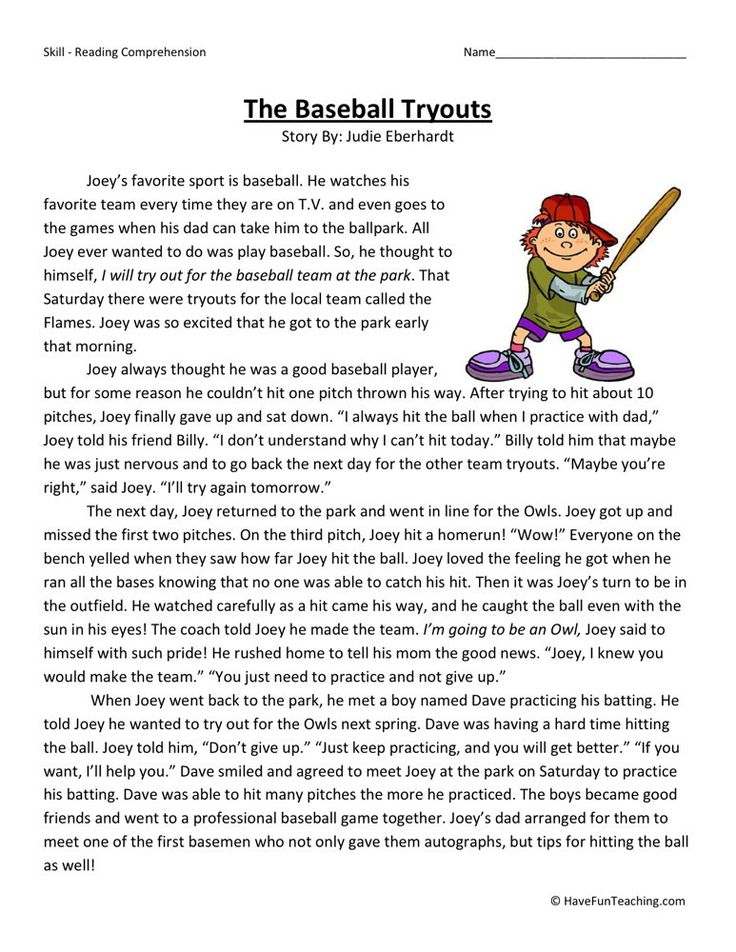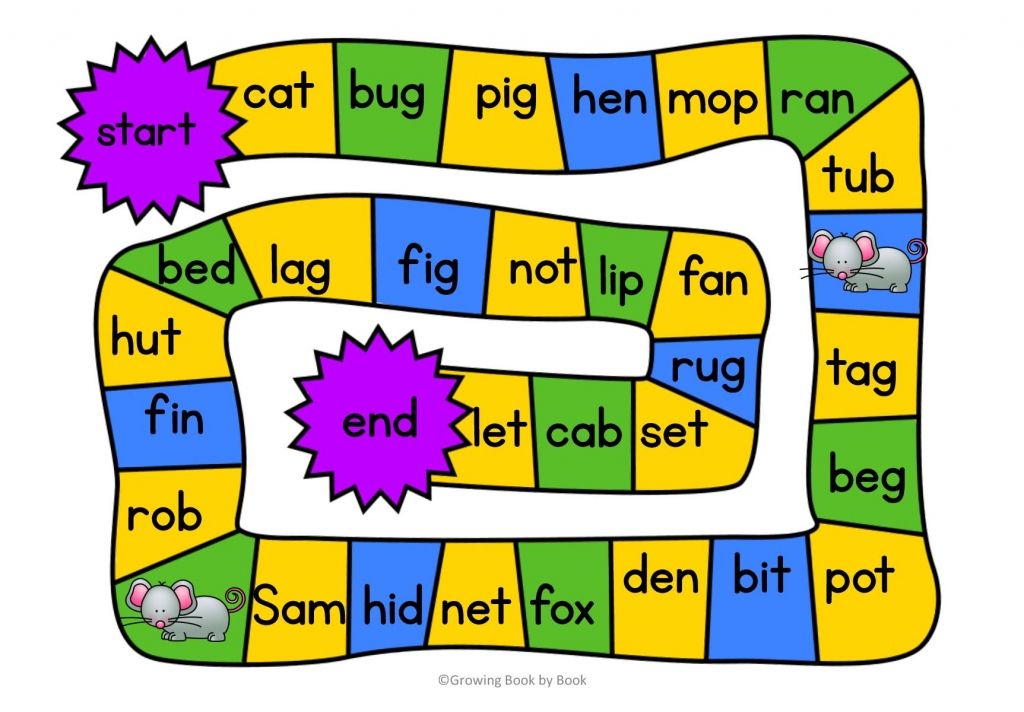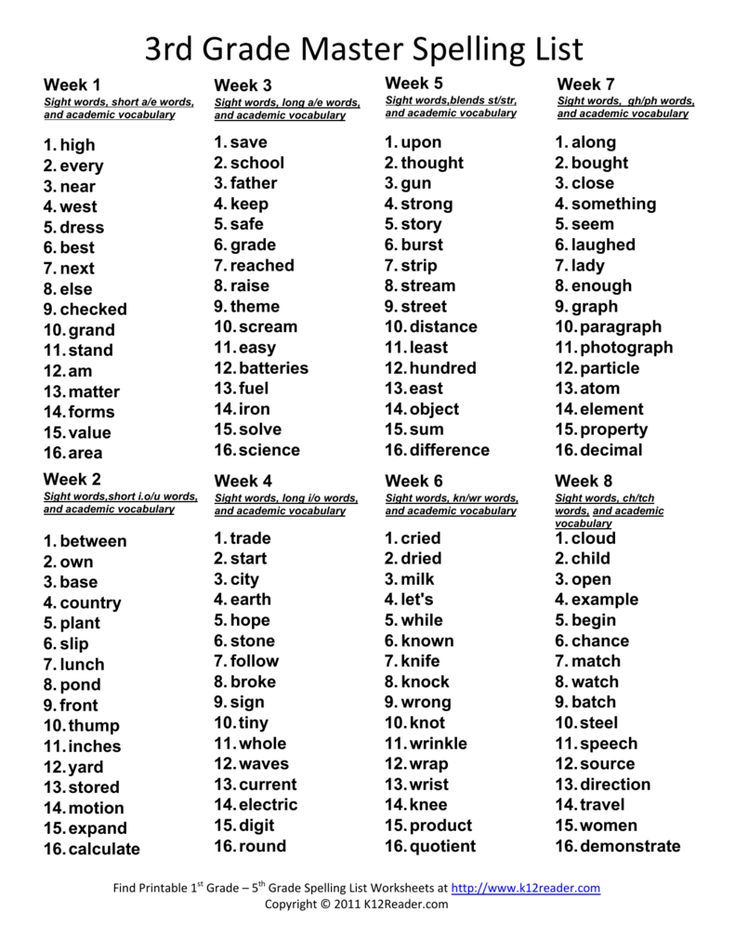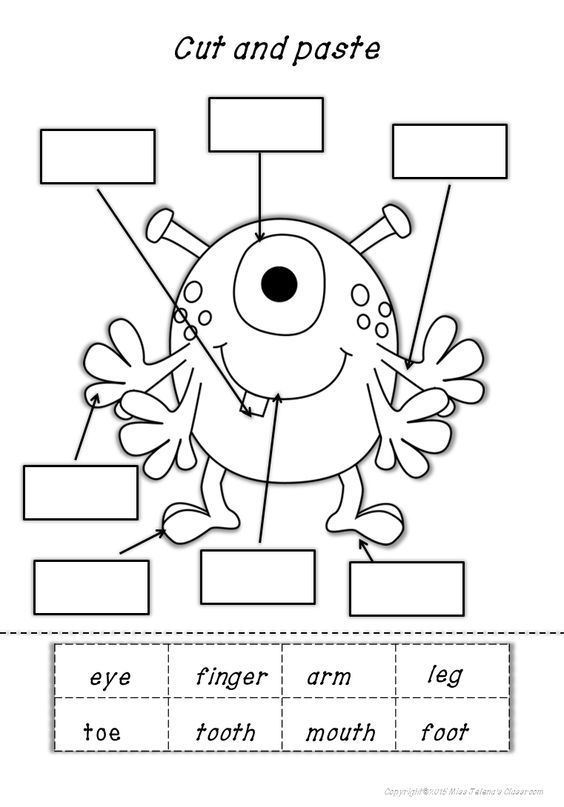Vocabulary in kindergarten
Vocabulary: Activities for Your Kindergartener
Overview
Talking to and reading with your kindergartener are two terrific ways to help them learn new words. Conversations and questions about interesting words are easy, non-threatening ways to get new words into everyday talk.
Use rich language in conversations with your child
Even very young children love to hear and learn new words! Help your child expand their word bank and knowledge of the world by using interesting and vivid words instead of simpler language in your everyday conversations. For example, instead of saying, "this ice cream is good" you might say, "this caramel ice cream is scrumptious."
Read with your child every day
Reading aloud exposes your child to lots of vivid language that is not found in books for beginning readers. When you come upon a new and interesting word, take the time to stop and ask your child what they think that word might mean in the context of the story.
Then offer a kid-friendly definition of the word and connect it to a similar word and a shared experience.
Patience!
Word learning and vocabulary growth takes time and patience. Don't expect your child to learn a new word after one conversation or one read aloud. True word learning happens after being exposed to words several times. We all learn about words throughout our lifetime. You're getting your child off to a great start by developing an early interest in words.
Vocabulary in kindergarten
Try these vocabulary activities at home
Bring in the nonfiction
Nonfiction and informational books (such as the DK Eyewitness series) offer young children a treasure chest of new and interesting words about our world. If the book has a glossary, spend some time discussing the words with your child, and as you read aloud stop as often as needed to think about new words and how they connect to what your child already knows about.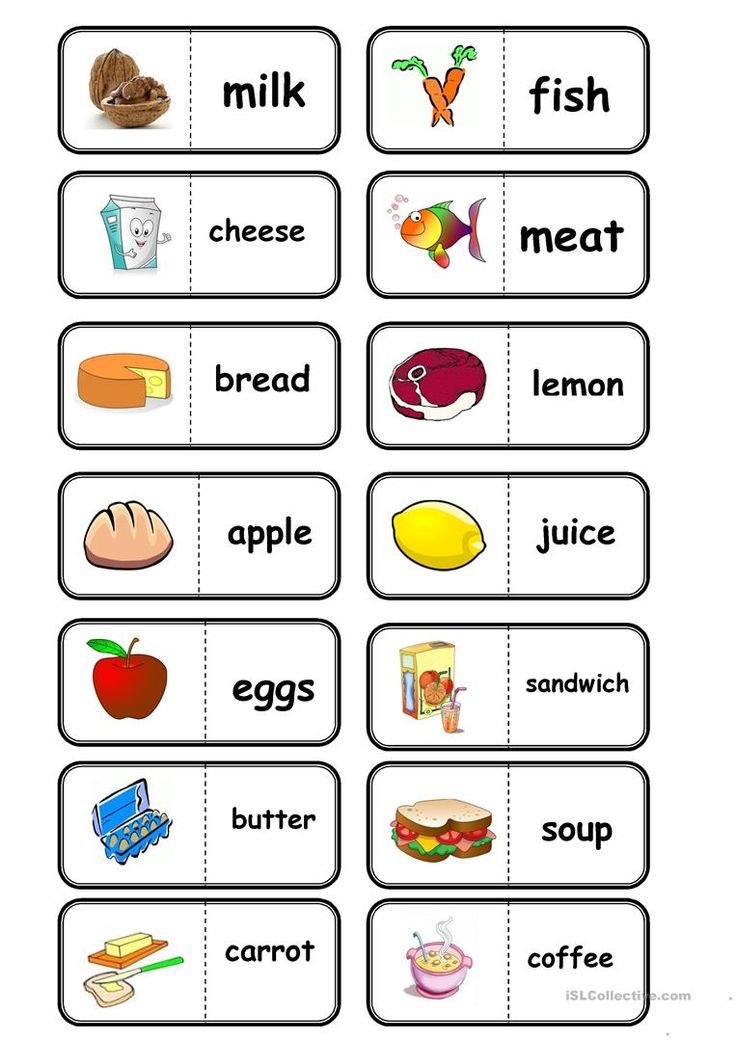
Talk about new words during read alouds
Talking to and reading with your child are two terrific ways to help them hear and read new words. Conversations and questions about interesting words are easy ways to get new words into everyday talk. "The book says, 'The boy tumbled down the hill,' and look at the picture! How do you think he went down the hill?"
Sharing a new word with your child doesn't have to take a long time: just a few minutes to talk about the word and then focus back on the book or conversation. Choose which words to talk about carefully — choosing every new word might make reading seem like a chore. The best words to explore are ones that are less common to see in the books your child might read. When introducing new words to your young learner, keep the following four helpful hints in mind:
- Provide a simple, kid-friendly definition for the new word: Enormous means that something is really, really big.
- Offer a simple, kid-friendly example that makes sense within their daily life: Remember that really big watermelon we got at the grocery store? That was an enormous watermelon!
- Encourage your child to develop their own example: What enormous thing can you think of? Can you think of something really big that you saw today? That's right! The bulldozer near the park was enormous! Those tires were huge.
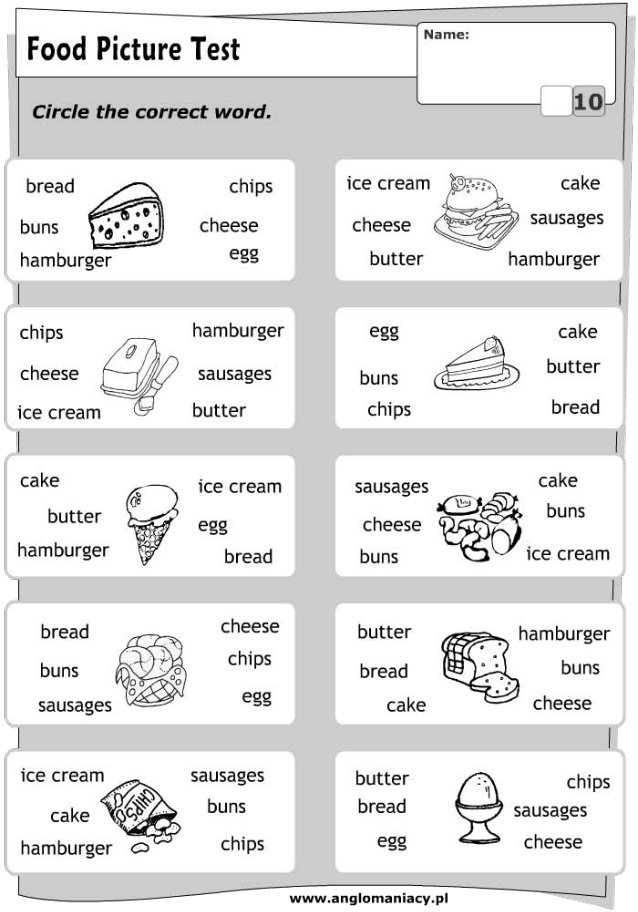
- Keep your new words active within your house. Over the next few days and weeks, take advantage of opportunities to use each new vocabulary word in conversation. Kids often need to hear a new word in context ten times or more before they "know" that word.
How do I help my child learn new words while we read aloud?
Reading aloud is a great way for children to learn new words. Literacy expert Sandra Wilborn suggests that parents pause during the read aloud to elaborate on a new word by giving a simple definition, connecting the word to something your child knows, and using it in a sentence. Reinforce the learning by using that new word at home in the weeks ahead. (From our video series Reading SOS: Expert Answers to Family Questions About Reading.)
Give them great words
Children's author Jane Yolen (Owl Moon, How Do Dinosaurs Say Goodnight?) delights in using rich language in her picture books.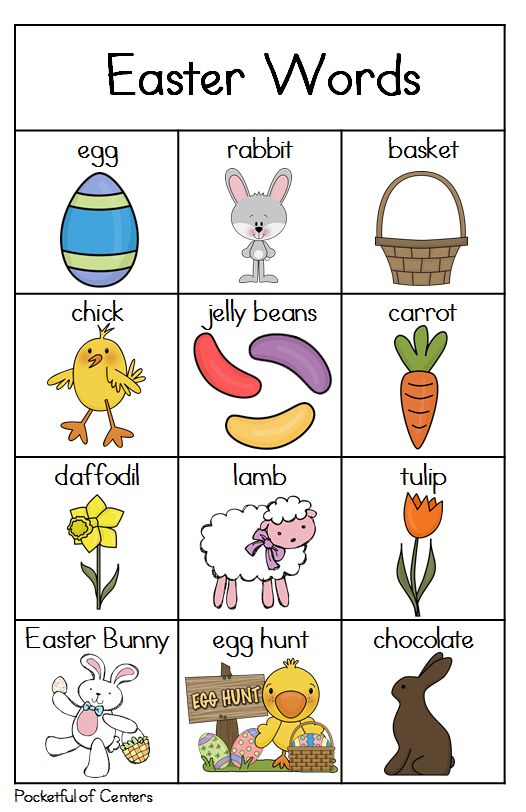 In this clip from our video interview with Yolen, she says she often has to fight to keep good words — that really stretch vocabulary learning — in her picture books.
In this clip from our video interview with Yolen, she says she often has to fight to keep good words — that really stretch vocabulary learning — in her picture books.
Grocery store vocabulary
The produce section is a great place to hear new interesting words. Words like rhubarb, asparagus, artichoke, and kiwi are fun to say, and fun to eat. As you introduce each one, use descriptive words to help your child learn. "A kiwi has a fuzzy outside, but the inside is bright green with black seeds!"
Start at the root
Begin with a simple root word, such as push. Ask your child to come up with words they know that contain that word, such as pushing, pushed, pushover, push-up. Talk about how all these words have some shared meaning related to the word push.
Consider the prefix
Numeric prefixes like bi- and tri- are a part of many words kids know and use.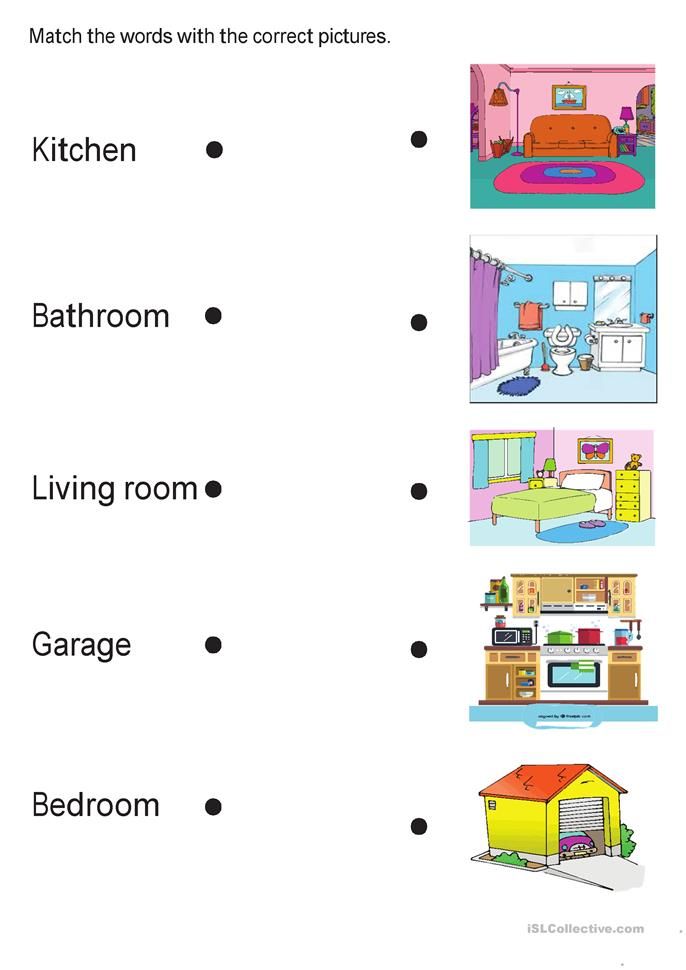 Discuss words like tricycle, tricep, triangle. All these words share the prefix tri-, which means three. Can they develop a list of words that begin with the prefix bi- (like bicycle and binoculars)? This gives you a great chance to introduce new words, like bicentennial, bicep, and biped. You can generate similar word lists with the numeric prefixes uni, octo, and cent.
Discuss words like tricycle, tricep, triangle. All these words share the prefix tri-, which means three. Can they develop a list of words that begin with the prefix bi- (like bicycle and binoculars)? This gives you a great chance to introduce new words, like bicentennial, bicep, and biped. You can generate similar word lists with the numeric prefixes uni, octo, and cent.
Word connections
Try this activity from the Florida Center for Reading Research (FCRR). The FCRR "At Home" series was developed especially for families! Watch the video and then download the activity: Word Connections. See all FCRR vocabulary activities here.
Homonym fun
Homonyms — words that sound the same but have different meanings — provide a great opportunity for word fun. Say a word out loud, and see if your child can generate more than one meaning for the word.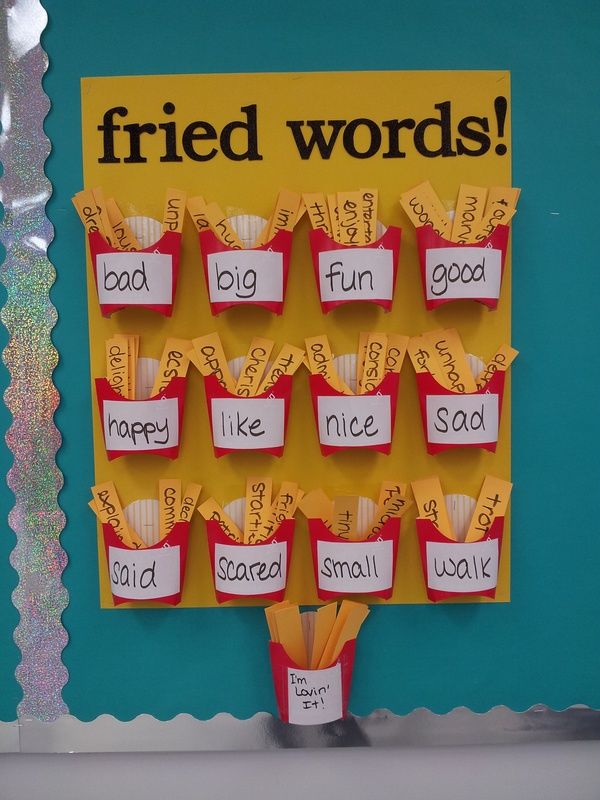 For example:
For example:
bark: the sound a dog makes
bark: the covering on a treering: jewelry you wear on your finger
ring: the sound a doorbell makes
Explore your world
Visits to a museum, the zoo, the botanical garden, historical sites, and even your neighborhood park are terrific opportunities to introduce your child to new words. Spend some time looking at the signage and identifying new words, then connecting them to what you see right there.
"What’s another word for ..."
This game helps your child learn there’s more than one word for everyday things. For example, look around you and say, "what's another word for couch?" (sofa, ottoman). Or, "what's another word for cup?" (glass, mug). You can extend the game by talking about how two things are similar but not exactly alike (glass, mug). That helps your child learn about the subtle differences in related words.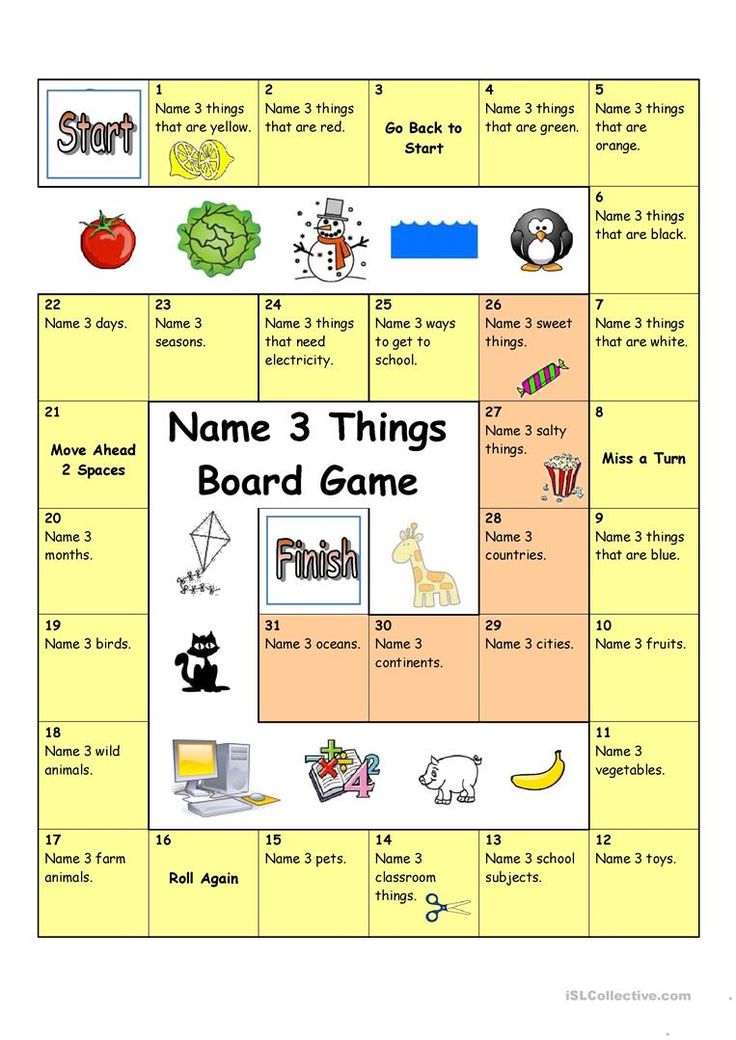
What does this word mean? Helping a kindergartner learn new vocabulary
This video is from Home Reading Helper, a resource for parents to elevate children’s reading at home provided by Read Charlotte. Find more video, parent activities, printables, and other resources at Home Reading Helper.
Understanding vocabulary: why it’s critical to your child’s reading
This video is from Home Reading Helper, a resource for parents to elevate children’s reading at home provided by Read Charlotte. Find more video, parent activities, printables, and other resources at Home Reading Helper.
More vocabulary resources
Vocabulary apps
Reviews provided by Common Sense Media.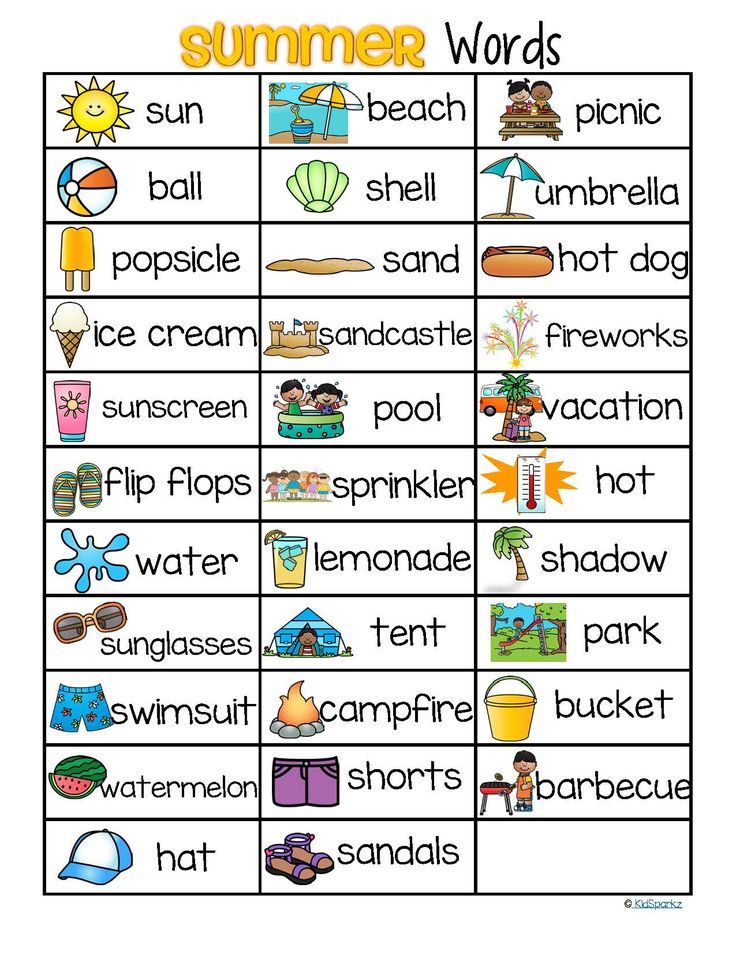
Vocabulary Activities and Ideas For Kindergarten
Home » Vocabulary Activities and Ideas For Kindergarten
Click through for vocabulary activities that are fun and engaging. We've got teaching ideas, free printables and worksheets for Kindergarten. Help your Kindergarten students build their vocabulary and foster a love of words.
This Post Works Well With
I’ve always loved words. There is something delicious about words like pugnacious or boondoggle isn’t there?! Most children also like to use “big” words and will be delighted to learn how to use words like spectacular or Eureka!
Building our Kinders vocabulary is important. A good vocabulary gives our students a huge advantage. Reading, writing, and comprehension will all benefit from a good grasp of words. Did you know that a child’s vocabulary is a key component to reading success?
Vocabulary Activities and the Common Core
The Common Core standards for Kindergarten touch on the importance of building vocabulary.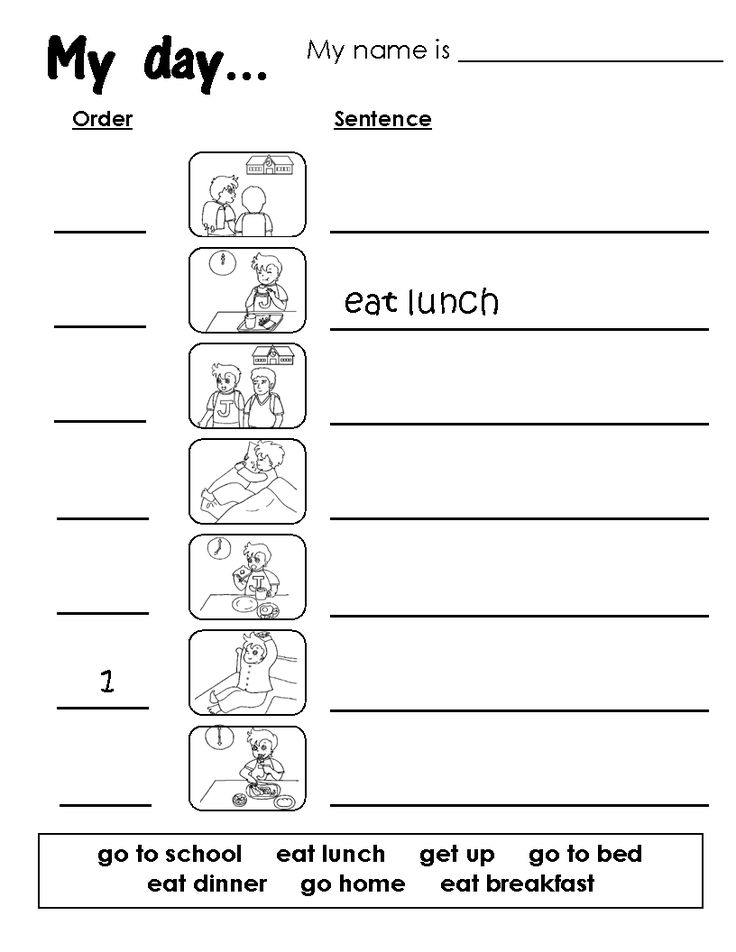
- RL.K.4: Ask and answer questions about unknown words in a text.
- L.K.4.A Identify new meanings for familiar words and apply them accurately (e.g., knowing duck is a bird and learning the verb to duck).
- .L.K.6 Use words and phrases acquired through conversations, reading and being read to, and responding to texts.
Vocabulary activities help children of all ages learn and expand their vocabulary. First and foremost, they are fun. But they also provide an opportunity to introduce words in an informal manner.
What Is A Vocabulary Activity?
A vocabulary activity is anything that helps kids improve their knowledge of words. They must also learn when and how to use these words. They can include games, worksheets, or word projects. The trick is to make learning fun and keep the kids engaged.
What Are Fun Ways To Introduce Vocabulary?
Word of the Week
You can introduce Kinders to so many words in this way.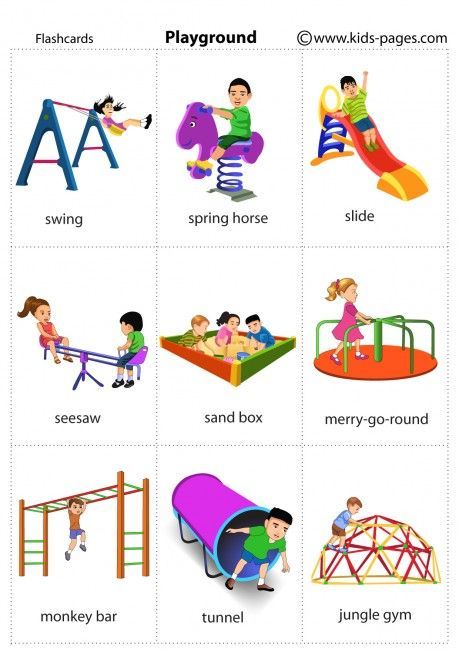 Choose a fun word that most of your Kinders will not know. Don’t be afraid to use tier 2 words like lovely or gigantic. Write the word and post it somewhere in the classroom. Read the word aloud and explain what it means. Challenge the students to use the word as often as they can in the coming week. Model this yourself.
Choose a fun word that most of your Kinders will not know. Don’t be afraid to use tier 2 words like lovely or gigantic. Write the word and post it somewhere in the classroom. Read the word aloud and explain what it means. Challenge the students to use the word as often as they can in the coming week. Model this yourself.
- The pictures in our book are quite lovely!
- Look at that gigantic cloud.
You could ham it up by inviting children to raise their arms and cheer every time they hear the word used!
Read, Read and Read Some More
Read aloud to your students every day. Expose students to a wide range of vocabulary by choosing both fiction and non-fiction books. Pick out some of these words ahead of time, print them on index cards and add them to your word wall. After you have read the pick go back and highlight the words you have chosen. Read them and ask the children to repeat them back to you. Talk about the meanings. Challenge your Kinders to create sentences that use the word.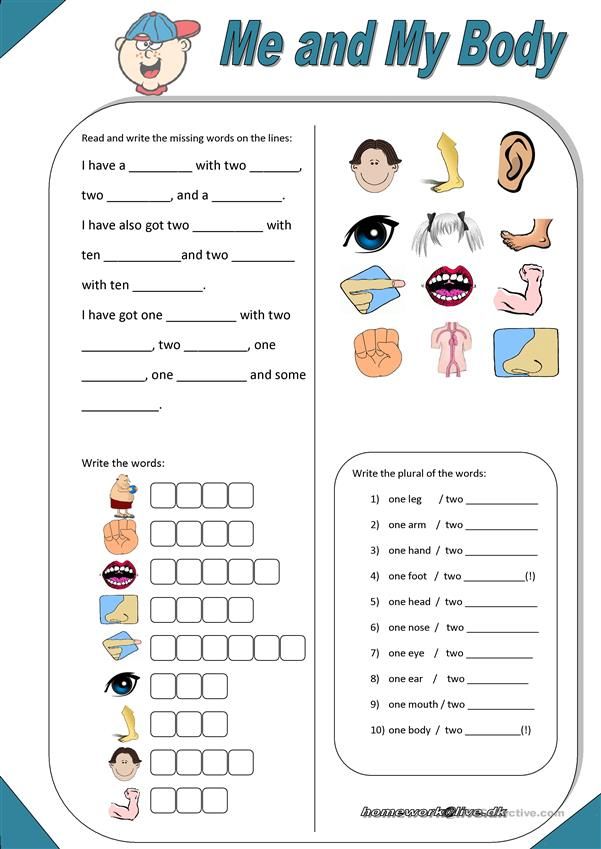
- 9 Awesome Books About Color
- Books About Diversity
- 50 Must Have Books For Kindergarten
- Books That Encourage A Growth Mindset
- Books That Rhyme
Make Word Wall
A word wall is a collection of words that are displayed in a prominent place in your classroom. To learn more about word walls check out the post here and here.
Play Games
One of the best way to teach vocabulary in Kindergarten is through play. Short games engage Kinder’s minds the same way playing does. It also teaches them new words they can add to their vocabulary. Here are two ideas
What’s in the box
Flash card games
Create Vocabulary Notebooks
Notebooks are fun to create and give Kinders a place to record new words that delight them.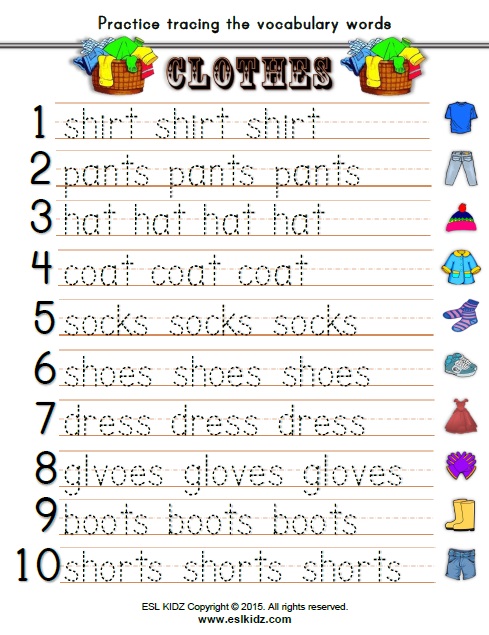 We have created a few printable pages to help create these notebooks. All the pages are editable, so you can customize them to reflect the words you are using. This is particularly useful if you are working on a specific theme.
We have created a few printable pages to help create these notebooks. All the pages are editable, so you can customize them to reflect the words you are using. This is particularly useful if you are working on a specific theme.
If you want the worksheets to keep the same font, you will need to have KG penmanship installed. You can download this font for free here. Install it BEFORE opening the PDF. The boxes adjust the size of the font automatically. The longer the word or sentence, the smaller the font will become.
There are three activities.
A page for children to write new words they have encountered. Children can choose words from the word bank if they wish. You can choose if you want students to list the new words or choose one specific word and write a definition. The word bank is fully editable
There is another page that invites children to draw a picture of what the word means to them. Drawing a definition helps to ensure that students understand the meaning.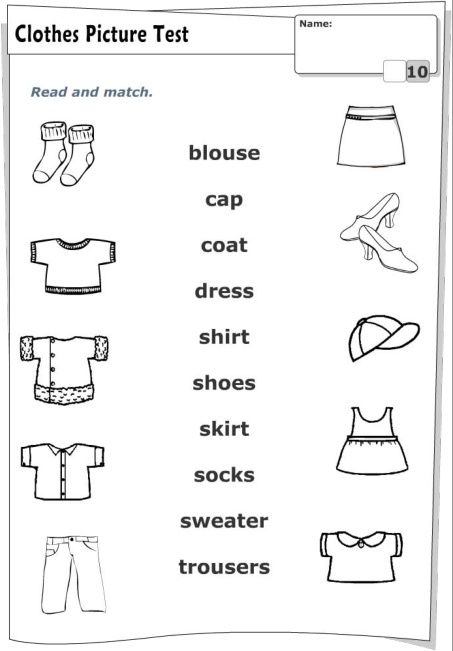 They won’t be able to draw a picture if they don’t comprehend it. This avoids the trap of copying out a definition without fully understanding it.
They won’t be able to draw a picture if they don’t comprehend it. This avoids the trap of copying out a definition without fully understanding it.
Children need to practice using words in context so that they can learn when and how to use them. The last page has a fill in the blank sentence. They must read the sentence and choose a word from the word bank to finish it. Again, the sentences and the word banks are fully editable.
How Do You Practice New Vocabulary In Kindergarten?
Once your child learns a word the work has just begun. It will be forgotten if they stop using or hearing it. That is why practice is so important. Keep your Kinders using the words they have learned while having fun with new ones. Be intentional with your vocabulary activities. Keep the words alive by continually using them alongside the new ones. This will keep the word alive and give them a little boost of confidence as they find new ways to use it.
Your Turn
How do you help your Kinders learn new words? What are your favorite vocabulary activities? Please leave a comment below.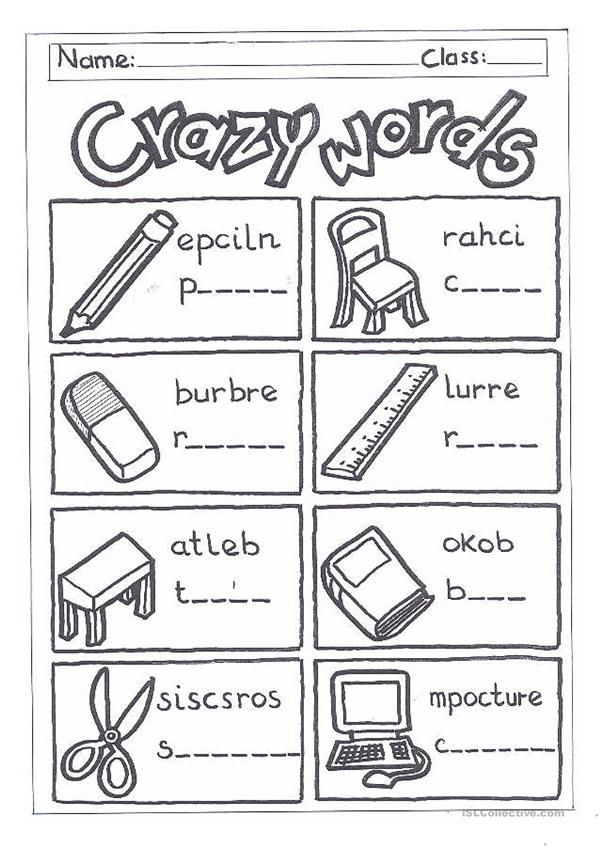
At Simply Kinder we work together to bring you ready-to-use resources to partner with great teaching for any curriculum, a Facebook community where teachers talk all things Kindergarten, and low-prep learning ideas that your students will love. Be sure to stay up to date with all things kindergarten on Instagram, Facebook, Pinterest, and through email. Simply Kinder: where teaching Kinder is definitely better together!
90,000 increase in vocabulary. Blog Logo-ExpertLogo-Expert Blog
children Dictionary for parents
The quality and quantity of a child's vocabulary largely determine the level of speech development in general. The formation and development of a dictionary is one of the main directions of the speech development of preschoolers. This topic has been the subject of numerous studies over many decades, and does not lose its relevance even now. Currently, there are trends of deterioration in the level of speech development of children, including the scarcity of their vocabulary.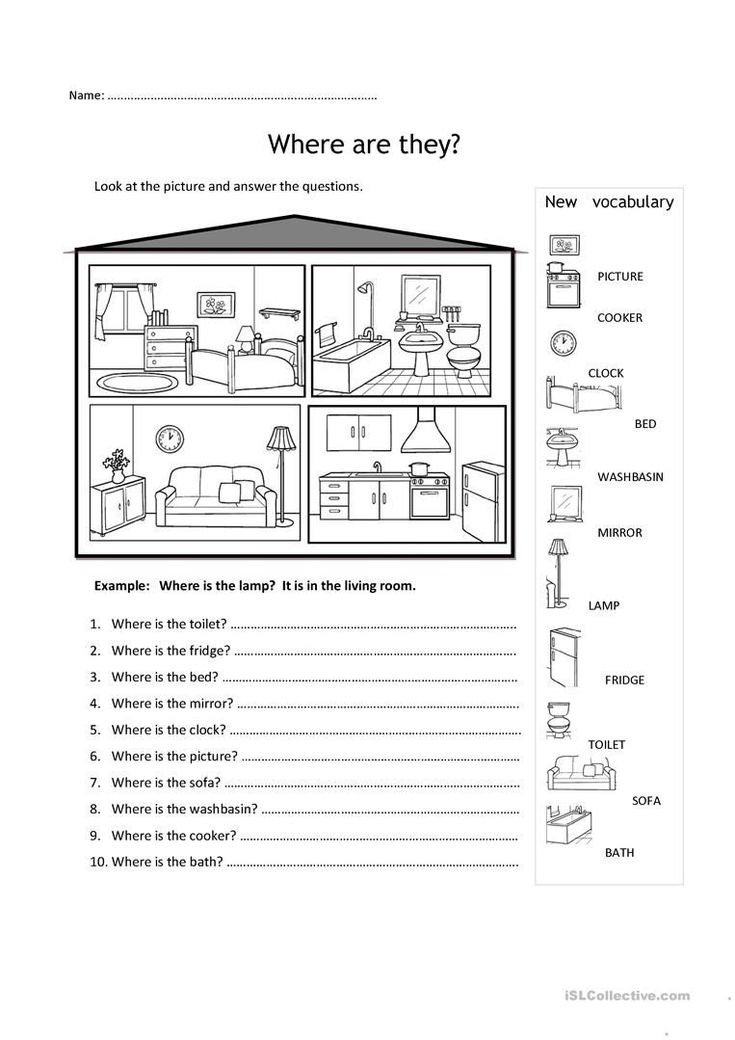 The reasons for this deplorable situation are heredity, and congenital pathologies of development, and the imperfection of the educational system, and the lack of competence of teachers and parents on the speech development of preschoolers. Usually, vocabulary work is most intensively carried out in the early and younger preschool years, but it should continue in the older age groups of the kindergarten.
The reasons for this deplorable situation are heredity, and congenital pathologies of development, and the imperfection of the educational system, and the lack of competence of teachers and parents on the speech development of preschoolers. Usually, vocabulary work is most intensively carried out in the early and younger preschool years, but it should continue in the older age groups of the kindergarten.
There are certain norms for the development of speech, an indicator of which, in particular, is the number of words a child knows. By the end of the first year of life, the first words appear (10-15 words). Babbling (lyalya, mom, dad) and onomatopoeic (meow, bibi). During the 2nd and 3rd years of life, the child has a significant accumulation of vocabulary. By 1.5 years - 100 words, by 2 years - 300-400 words, by 3 years - 1000-1500 words, and at 6-7 years old the active vocabulary is from 3500 to 5000 words.
Before entering school, a test is mandatory, which includes an assessment of speech development.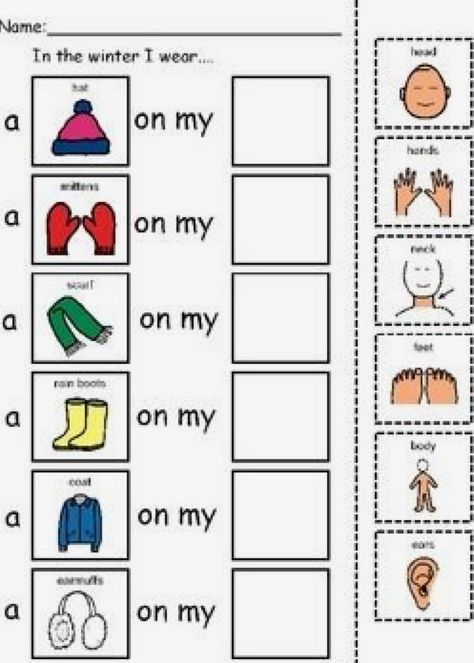 And recently, the statistics have been disappointing, because most first-graders show signs of delayed speech development. This is a serious problem, which leads to the fact that such children are simply not ready for school. And first of all, this affects the acquisition of literacy - children simply do not have enough knowledge to pick up test words.
And recently, the statistics have been disappointing, because most first-graders show signs of delayed speech development. This is a serious problem, which leads to the fact that such children are simply not ready for school. And first of all, this affects the acquisition of literacy - children simply do not have enough knowledge to pick up test words.
To prevent this, effective measures must be taken to enrich the child's vocabulary so that he knows as many words as possible before entering school.
A child's vocabulary is of two types - passive and active. Passive vocabulary is those words, the meaning of which the child understands, but does not use in his everyday speech. The active vocabulary includes those words that the child not only understands, but also uses them in speech and writing. As a rule, the passive dictionary is always larger than the active one.
Thus, the main task is to expand the passive vocabulary, as well as help in activating the active vocabulary.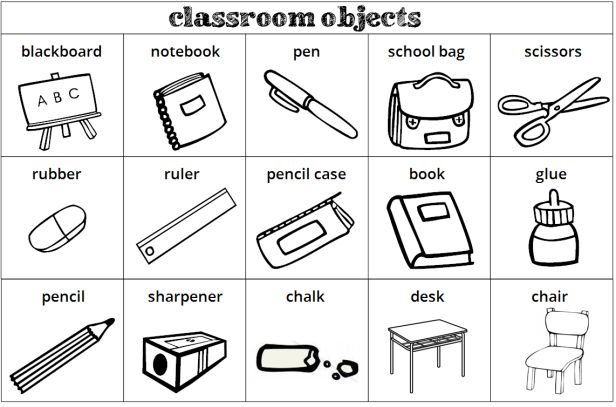 The most active period, when the child begins to master the largest number of words, is the age of 1 year. If at 12 months a child knows about 12 words, then by the age of 4 he already masters up to 2000 words.
The most active period, when the child begins to master the largest number of words, is the age of 1 year. If at 12 months a child knows about 12 words, then by the age of 4 he already masters up to 2000 words.
It is important to understand that words are not acquired by themselves - this is the result of systematic work to expand the child's vocabulary. And the work must be carried out every day - only in this way can good results be achieved. A huge role in this process is played by parents, on whose participation it directly depends on how quickly the child begins to speak and how rich his vocabulary will be.
There are a number of recommendations to help form and increase the vocabulary of preschool children. Most of them do not require much effort on the part of parents.
All children are in different conditions of speech development, so the number of words they know is different in each case. But there is a certain list of terms and concepts that children should know by the age of 5-7:
- Household dictionary (names of toys, dishes, hygiene and household items).
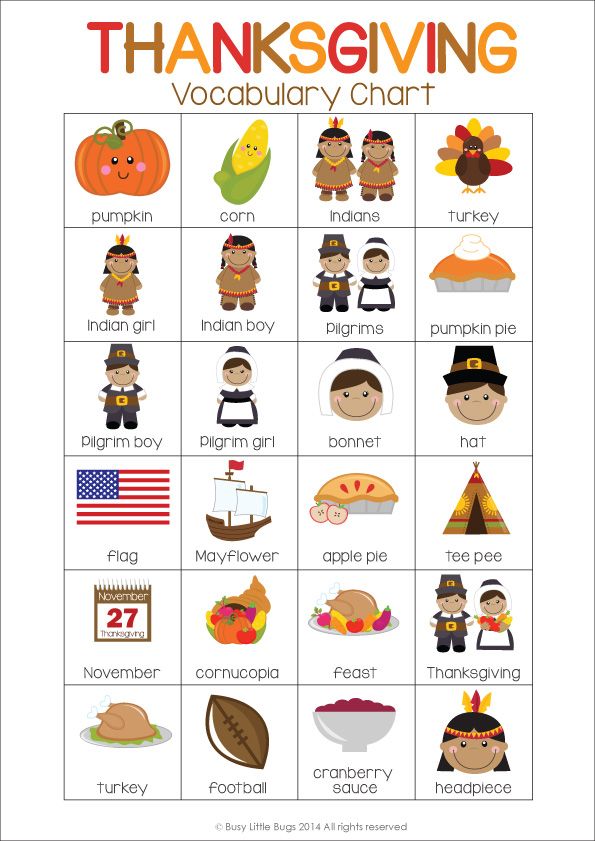
- Spatial orientation (up, down, right, left).
- Concepts of time (second, minute, hour, year), days of the week, months and seasons.
- Dictionary of natural history (names of natural phenomena, animals, plants, birds that are in its immediate environment).
- Numerals (ideally up to one hundred).
- Social science terms (names of holidays, words denoting people's work, human values, etc.).
- Sports (football, hockey, etc.).
- Words denoting emotions, feelings and experiences.
- Parts of the human body.
- Vehicle names.
- Colors and shades.
There are many ways to build a child's passive and active vocabulary. Below we list the main recommendations, the observance of which will allow you to quickly achieve results.
Constant communication with the child is the base that allows the child to learn new words, ask an adult about the objects and phenomena that he observes.
During communication, one should try to use not only definitions familiar to the child, such as “small”, “big”, “good”, etc.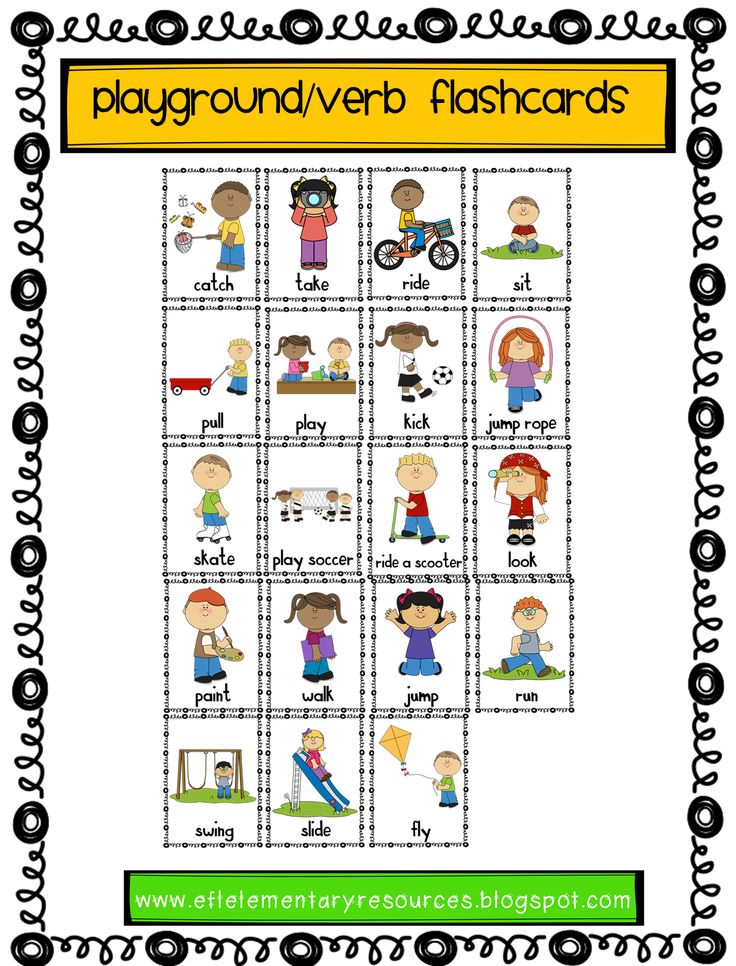 Introduce synonyms into speech that make speech more colorful, use metaphors and epithets.
Introduce synonyms into speech that make speech more colorful, use metaphors and epithets.
It is important to understand that the speech of preschoolers mainly consists of nouns and verbs, so you need to use adjectives as often as possible. Children hardly remember them, so you need to acquaint the child with the shape and color, smell, material, purpose of objects.
You should not just read books aloud, but do it slowly and with intonation. Periodically, you need to stop and ask the child if he understood the meaning of what he read, or if some words are incomprehensible to him. This is very important, because even when reading the simplest book, a child may have a lot of questions that you don’t even know about. Explain the meaning of unfamiliar words to him, and also ask questions about what he read.
You can observe almost everything with your child. Conduct an inspection of the premises in which you visit (during a trip to visit, visiting a clinic, etc.), observe with him natural phenomena, children in the yard, animals and birds.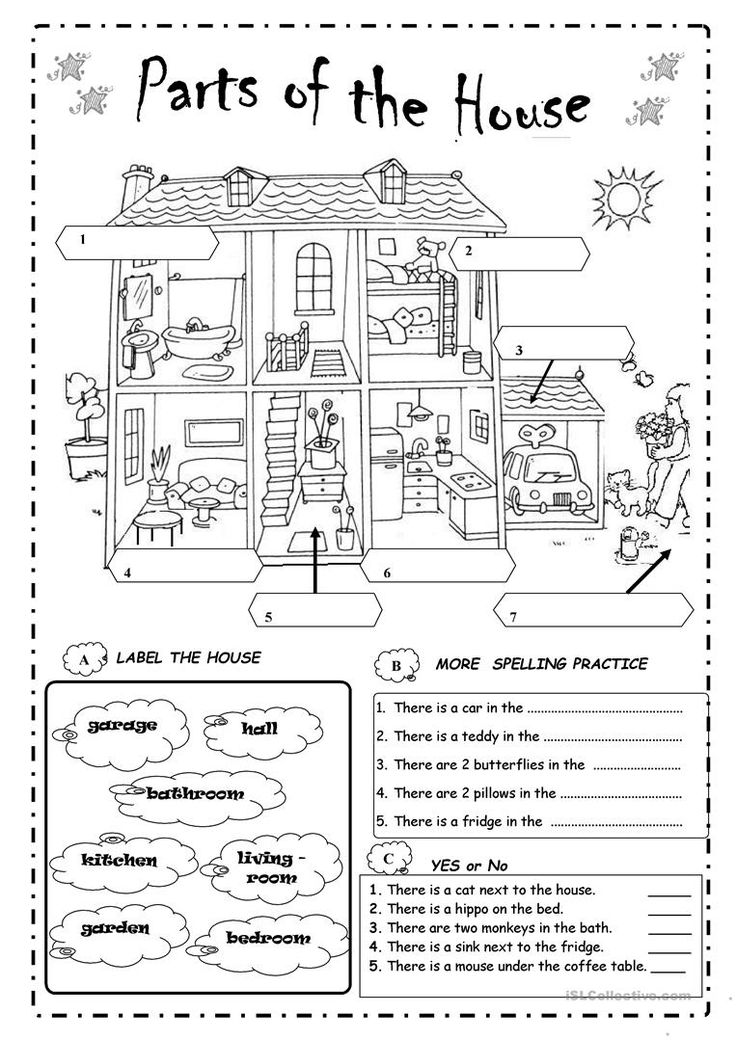
But don't just be an observer - comment on what you see. Actively share your observations, describe the feelings that you experience while doing this. The observations themselves should be interesting for the child, so if he does not want to look at the children playing on the playground, but wants to take part in this himself, then do not prevent him from doing this.
Looking at pictures and pictures in books contributes to the development of a passive vocabulary. You should describe what is shown in the illustration, as well as ask leading questions to the child.
Drawing up a story from pictures is very helpful. First, you can disassemble each image separately, and then, together with your child, compose a simple mini-story based on these pictures.
Here you can combine business with pleasure. Take your child to the kitchen, for example, where you can cook family dinner together. There is just a huge number of new items, the names and purposes of which may be unknown to him.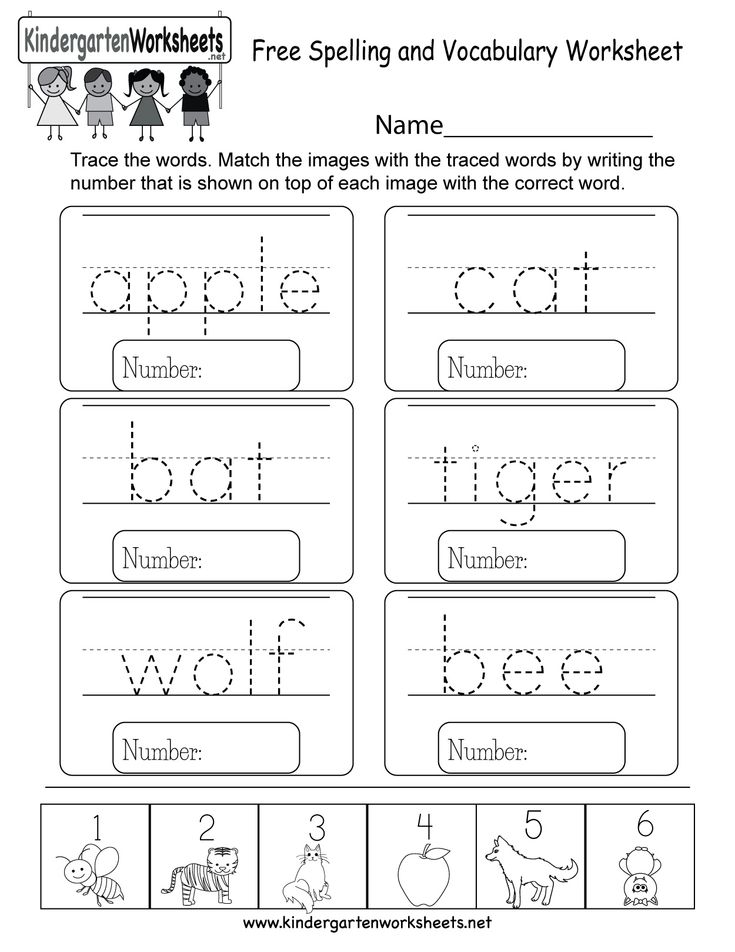 Demonstrate and name the available kitchen items to him, tell him exactly what they are for.
Demonstrate and name the available kitchen items to him, tell him exactly what they are for.
You can discuss the classification of products with him. So he will understand that vegetable oil is needed for frying, and not to drink it, that it is more convenient to eat soup with a spoon, etc. Surely the child will want to help you, so you can entrust him with some simple and safe task (stir salad with a spoon, sort out buckwheat, etc.).
Play is the form of learning that is most effective in childhood. In this case, you do not need any special devices, so you can play almost anywhere.
Here are a few examples of such games:
- We name the attribute of an object and correlate a certain object with it. For example, large (elephant, skyscraper, world), white (bread, sheet of paper, etc.).
- Guess the profession. Examples: a person who drives a car ... (driver), a person who sells products ... (salesman).
- "I know five." At an early age, it is important to know not only a lot of words, but also to classify them into certain categories.
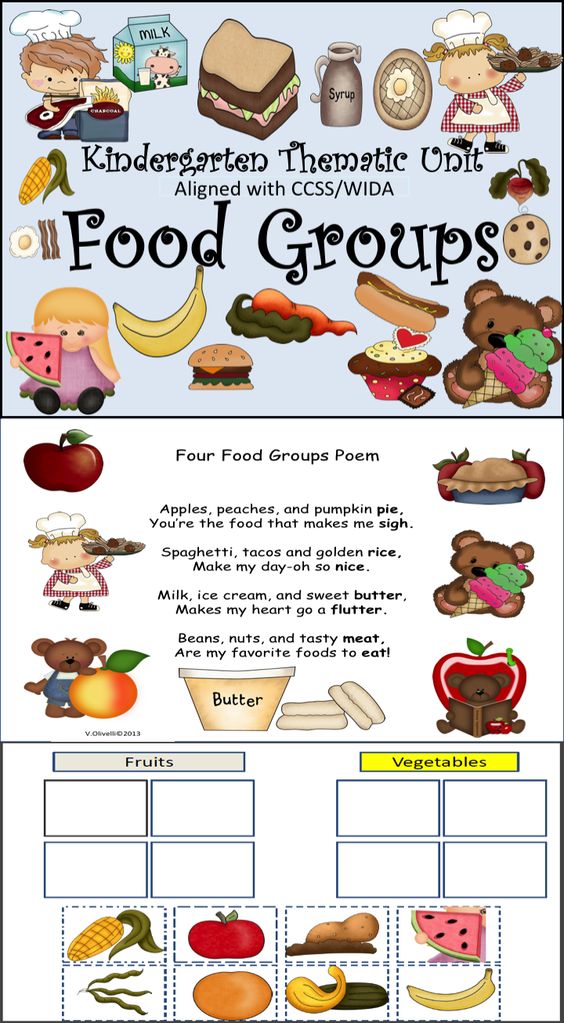 You can invite the child to name 5 types of animals, types of transport, etc.
You can invite the child to name 5 types of animals, types of transport, etc. - "Edible-inedible". You name any word and throw the ball to the child. If the word is “edible” (ice cream, apple, watermelon), then the child catches the ball, and if it means an inedible object, then the ball is discarded.
- "Say the opposite." You say a word, and the child must name its antonym: hot - cold, slow - fast, clean - dirty.
- "Who lives where?". You name an animal or bird and throw the ball to the child. He catches the ball, names the place where the animal lives, and returns the ball. Examples: - a bear - in a den, a fox - in a hole, etc.
Games greatly influence the increase in words that the child will later use in his everyday speech. It is important to use as many complex and unfamiliar terms and concepts as possible, explaining in detail what they mean. Remember that all activities should be carried out in a fun and relaxed atmosphere, as well as praise the child, even if his progress at this stage is insignificant.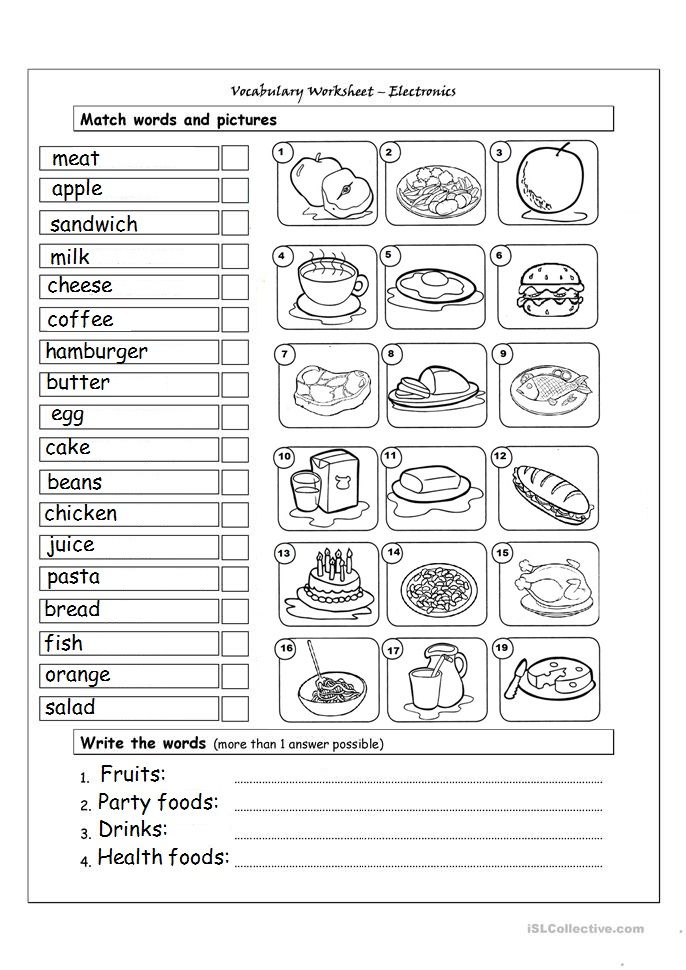
4 Like
children Parents vocabulary
Related articles
- We all want to make our children happy
- Socialization of children with speech disorders in the combined group of kindergarten
- Card file of games for the development of vocabulary
- Secrets of starting speech in a non-speaking child
- Development of speech at 1 year of life
And get a speech therapist's case as a gift
in the first letter! 🎁
Diagnostics of the vocabulary of preschool children
Speech is an indicator that psychologists and doctors first pay attention to. After all, it affects mental processes and, first of all, thinking, on which the development of the educational program in kindergarten and school will depend in the future.
One of the important criteria for speech development is the vocabulary that the child understands and can use.
How to determine the level of a child's vocabulary?
Unfortunately, there are no express methods to draw a conclusion about the child's vocabulary, one can only try to draw a conclusion about the general level of speech development.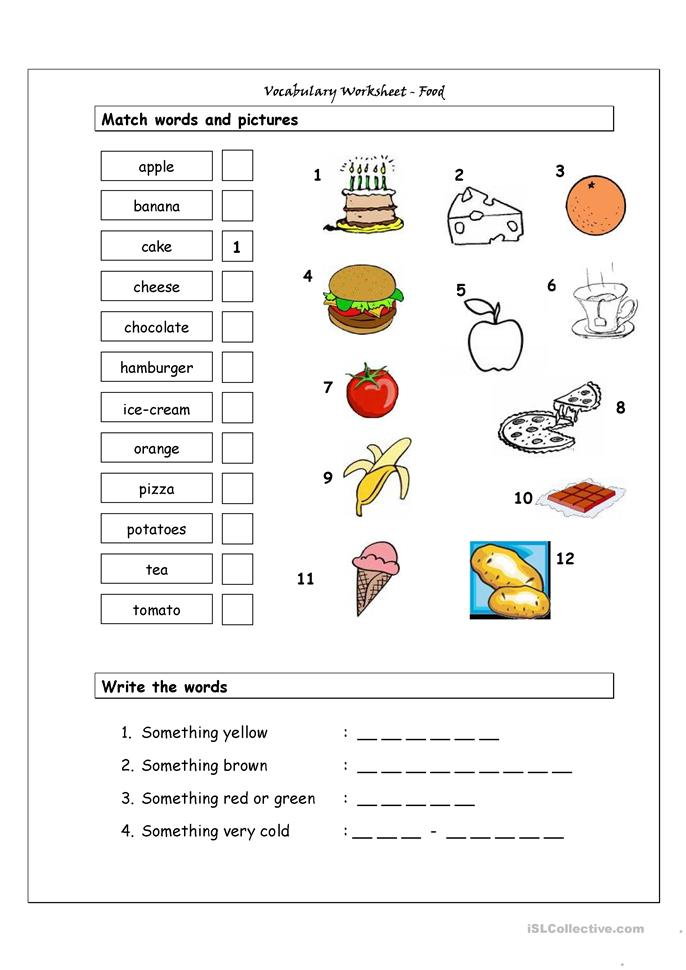 The methodology is aimed at studying the development of an active household or everyday vocabulary of a child. It is believed that all children develop in the same way, so the overall level of vocabulary is taken as an indicator.
The methodology is aimed at studying the development of an active household or everyday vocabulary of a child. It is believed that all children develop in the same way, so the overall level of vocabulary is taken as an indicator.
As a guide, ask your child to name items that boys and girls can wear from head to toe, winter and summer, night and day.
The first few words the parent can say as usual, for example, "name what they can wear ...". Next, you need to speak slowly, pronouncing each sound, highlighting the words with your voice, and pausing in place of the dash. The words "from head to toe" should be underlined with a hand movement from top to bottom, and point to the head, torso and legs.
Children may not immediately begin to speak, in which case the request must be repeated. If the child, starting to list items, stopped, then you can help him with the question: “What else can I wear?”. The words “what else” are great for stimulating action, it’s not for nothing that sellers in stores always ask: “What else?”.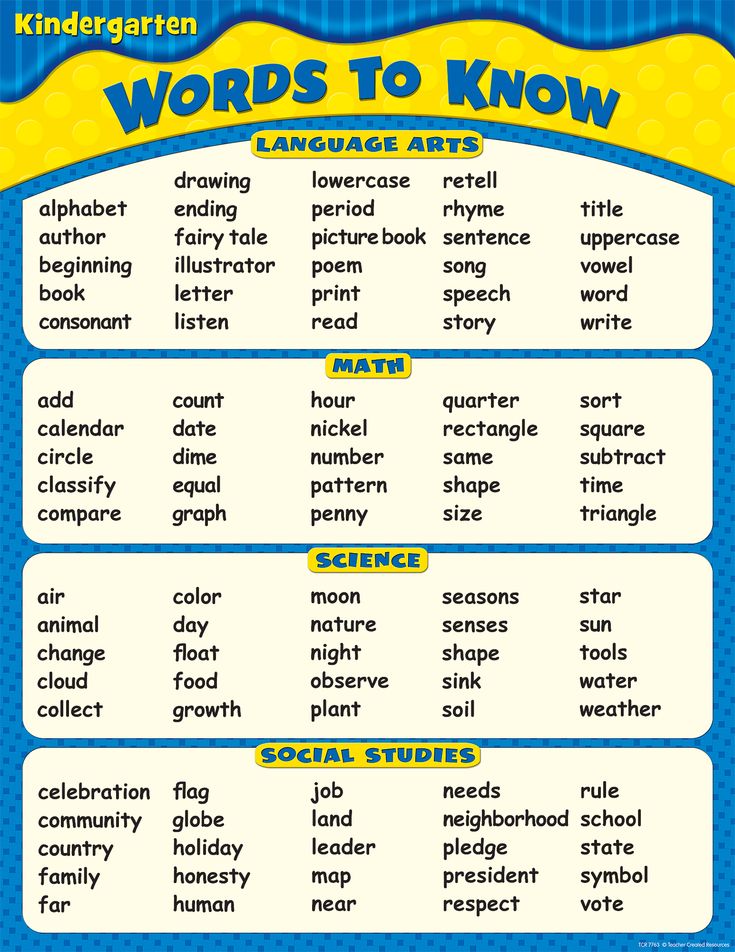
On average, the child is given 3 minutes to complete the task, all the words named by the child must be recorded for further analysis. When counting words, only those that relate to clothing are taken into account.
With the constant prompting of the child to answer, we can conclude that the level of attention and high distractibility. If a child calls a lot of words that cannot be attributed to clothes, then this indicates a poor ability to concentrate. This is also reflected in his ability to build the desired associative array.
If a child calls “hat”, “hat with earflaps”, “Panama”, “cap”, they should be taken into account as different words and taken into account, but when listing “red dress”, “green dress”, they need to be evaluated, like one word.
Sometimes, instead of words, a child tells a whole story about how his mother bought him shoes or a hat. At this point, you need to stop the baby and ask him to name only clothes.
Vocabulary norms
An unsatisfactory indicator of the vocabulary of a child of the older group attending kindergarten can be considered 8 or less spoken words, for a first grader this indicator is 11 words or less.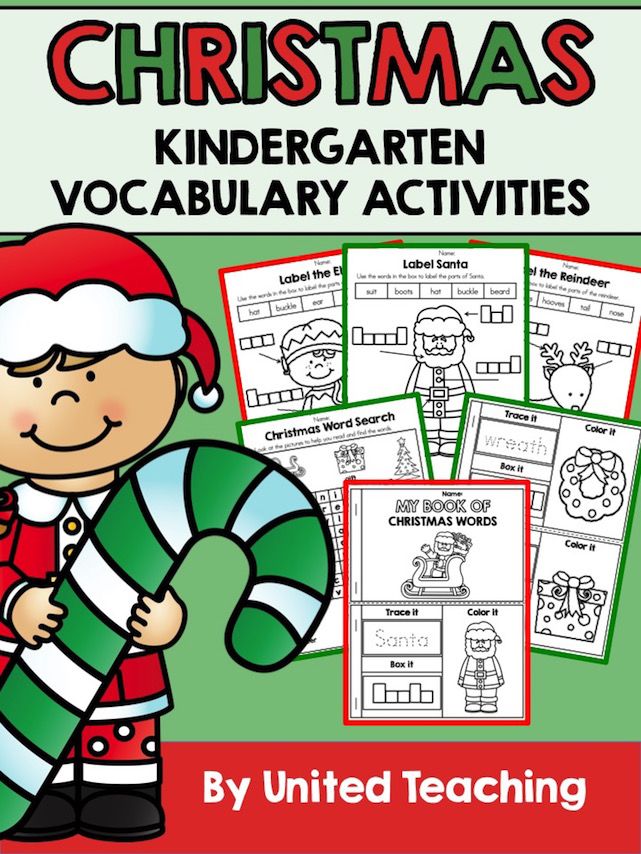
It is clear that the more the child names given words, the higher the indicator of speech development.
If you have any questions, then you should take a closer look at the norms of children's speech development.
How to increase vocabulary?
Among the simple advice of a speech therapist and generally accepted rules of speech development, communication with a child is the most important.
For purposeful replenishment of the child's vocabulary, the following methods can be distinguished:
-reading aloud,
-constant use of new words, explanation of their meanings and multiple repetition for consolidation,
-Control of parasitic words,
-
- to reinforce new words, use associations or visual material,
- to translate a passive dictionary into an active one, ask the child open questions and ask them to answer with a full answer.